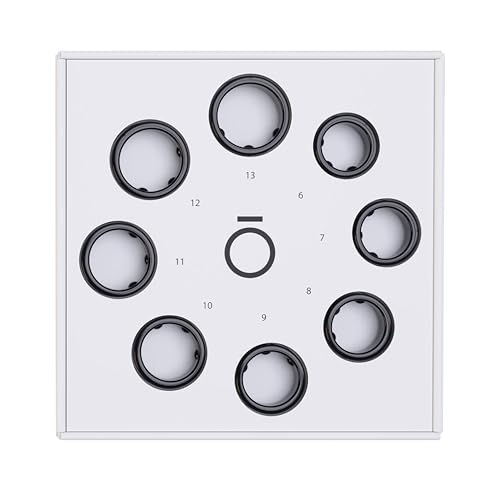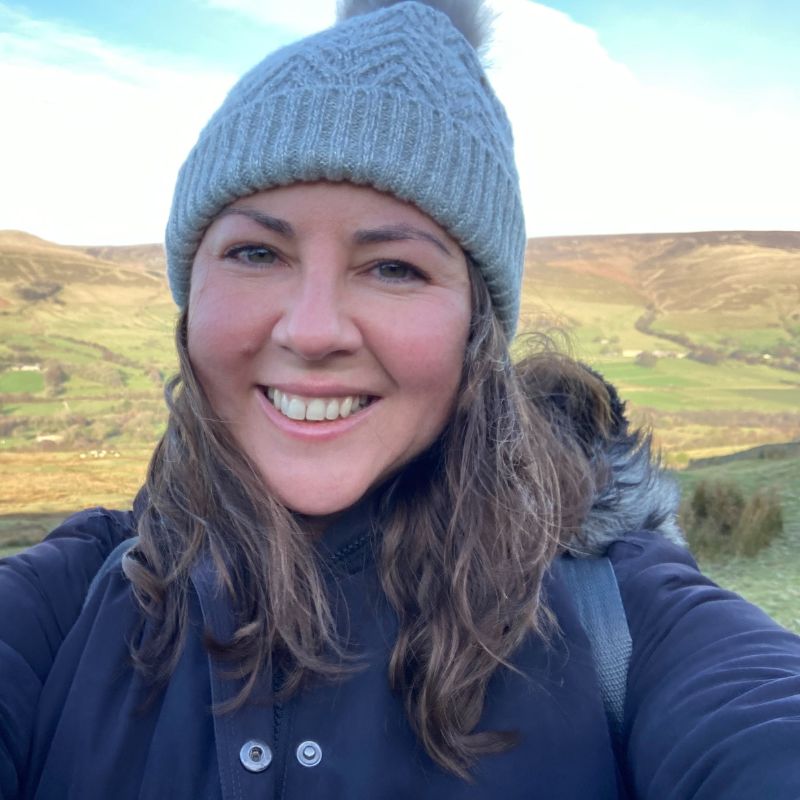What is the Pvolve workout? I tried Jennifer Aniston's favourite exercise for 2 weeks to find out
Fitness Writer Susan Griffin tries the viral Pvolve workout to see what the low-impact workout is all about - and whether it can help menopause symptoms

Grace Walsh
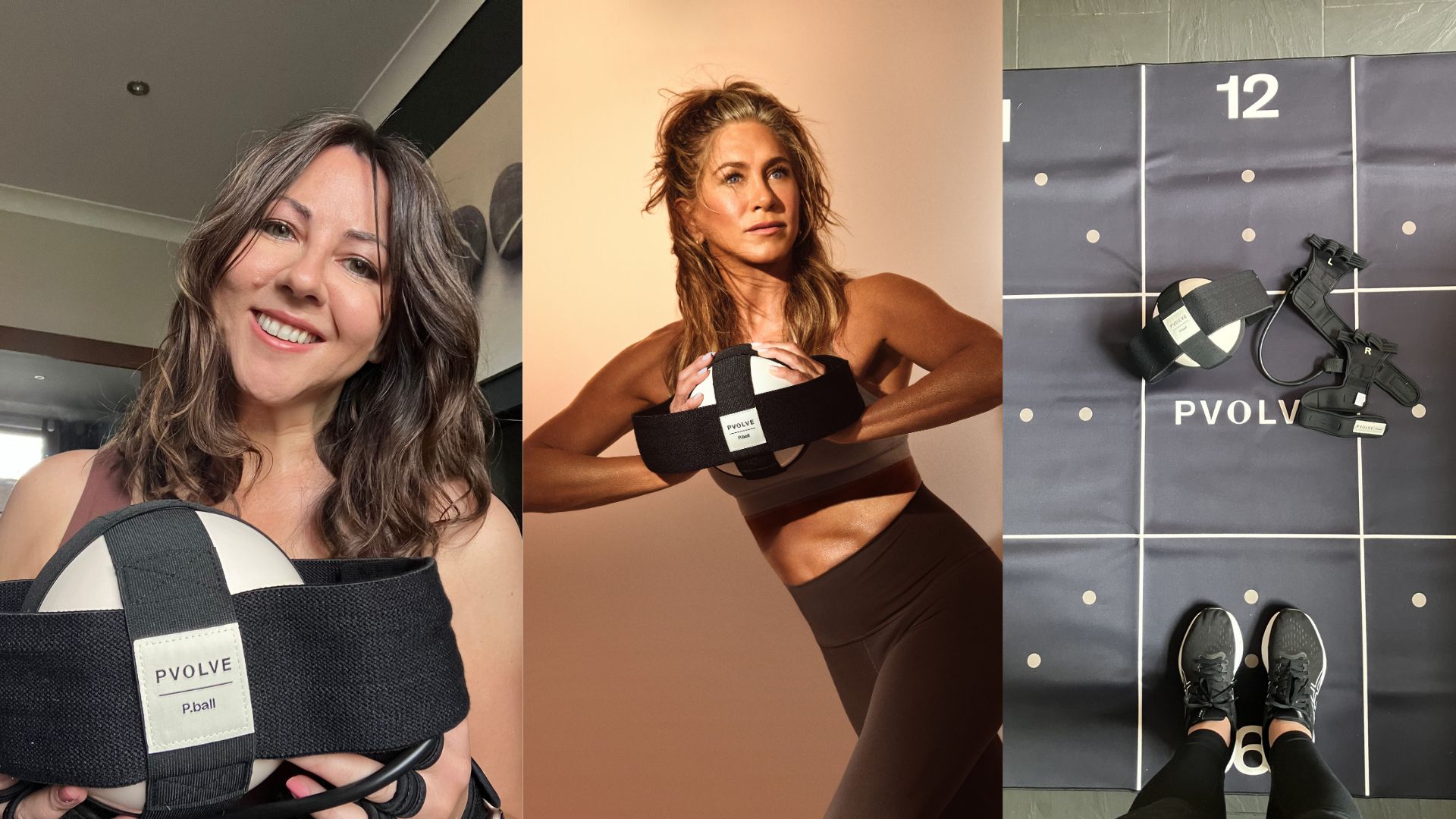
Sign up to our free daily email for the latest royal and entertainment news, interesting opinion, expert advice on styling and beauty trends, and no-nonsense guides to the health and wellness questions you want answered.
You are now subscribed
Your newsletter sign-up was successful
Want to add more newsletters?

Daily (Mon-Sun)
woman&home Daily
Get all the latest beauty, fashion, home, health and wellbeing advice and trends, plus all the latest celebrity news and more.

Monthly
woman&home Royal Report
Get all the latest news from the Palace, including in-depth analysis, the best in royal fashion, and upcoming events from our royal experts.

Monthly
woman&home Book Club
Foster your love of reading with our all-new online book club, filled with editor picks, author insights and much more.

Monthly
woman&home Cosmic Report
Astrologer Kirsty Gallagher explores key astrological transits and themes, meditations, practices and crystals to help navigate the weeks ahead.
Low-impact workouts can be the way to go if you're going through menopause, coming back from an exercise break, or just looking to get stronger. If anyone knows this, it's Jennifer Aniston. At 55, she's an aspiration figure for millions of women - like me - who want to feel strong and supple.
This year, we've heard all about the star's 15-15-15 workout, a cardio routine she followed when a back injury prompted a rethink of her workout regime. She also found Pvolve (pronounced p-volve) during this time - a low-impact, full-body Pilates-style workout. Two years later, she partnered with the brand, and it's been on our radar ever since.
“I had a friend who had already been doing Pvolve and not only did I notice her complete transformation, physically in her energy levels, but she also explained that Pvolve is functional fitness that respects where your body is at and allows you to work around your current limitations," Jennifer Aniston said.
Naturally, it's important to be realistic with celebrity workouts and not copy them just because they work for the A-listers, but I've seen the Pvolve results for myself. The fact it's an at-home workout with minimal equipment also makes it feel doable, which is why I signed myself up. Aniston’s arms, here I come...hopefully.
What is Pvolve?
In a nutshell, Pvolve aims to get your body moving in all sorts of wonderful and challenging ways. It's a low-impact workout designed to mirror everyday movements like squatting, pulling, reaching up, and twisting by combining functional movements with equipment like resistance bands, gliders, cushioned mats, and ankle weights.
The classes are accessible from home. The brand's website and app offer thousands of live and on-demand workouts, which you can stream to your smart TV.
Pvolve isn't about moving frantically or 'toning' a particular body area, but rather future-proofing using low-impact movements in a full range of motion to boost strength and mobility.
Sign up to our free daily email for the latest royal and entertainment news, interesting opinion, expert advice on styling and beauty trends, and no-nonsense guides to the health and wellness questions you want answered.
On the digital platform, which can be linked to a smart television or viewed on an iPad or similar device, there are series you can follow - such as Women’s Wellness, Full Body Strength and Movement Therapy, as well as individual classes you can dip into that range from around five to 50 minutes. These include Strength&Sculpt to keep joints supple and improve balance, Sculpt&Burn to strengthen the heart and maintain bone density, Mat Definition for the core, as well as Recover & Stretch, and Meditation to quieten the mind and ease stress.
There are also Progressive Weight Training classes. As highlighted in a healthy ageing study from the University of Exeter, women experience a 3 to 8% decline in lean muscle mass per decade from their late 30s. “So, these [strength training workouts] combat the loss of muscle mass and strength that begins in the late 30s and help mitigate body composition changes that often begin in the 40s,” says Antonietta Vicario, the chief training officer at Pvolve.
In conjunction with Pvolve, a 12-week Healthy Ageing Calendar was made to mirror the study.
A post shared by Jennifer Aniston (@jenniferaniston)
A photo posted by on
I tried Pvolve - here's how it went
As Jennifer Aniston has said, Pvolve is unlike anything else in the rather saturated fitness market. I am only at the start of my Pvolve experience, but so far, the experience has felt entirely new - and pretty uncomfortable, in a good way. I'm aching more than expected, given that I do a weekly strength training class with barbell weights.
Aniston has shared clips of her Pvolve workouts with her 44 million followers. One post ends with her sprawled on the mat after an intense session. Having now tried Pvolve myself, I get where she is coming from. A word of warning: do not be fooled by the modest equipment and seemingly simple movements. This is not a cardio workout so don’t expect to sweat - but, goodness, do you feel it in your muscles. Just a few resistance band exercises a few times made me realise much work was needed.
Over the two weeks, I tried various classes - including the Mat Lower Body Sculpt, a slow-paced workout that focuses on your glutes and thighs and requires the brand's P.ball, which you wear between your thighs, and the faster-paced Lower Body Sculpt & Burn to get my heart rate going. Mistakenly though, I thought I'd begin with a 30-minute Upper Body Sculpting session as I regularly do lunges, squats, tricep dips and bicep curls during my gym classes, so I thought it would be fine. However, resistance equipment is new to me - and it was a shock to my muscles.
So, I changed tack, watched the introductory videos again, and started small. There are plenty of short, five, 10 and 15-minute classes, such as the Mat Upper Body Sculpt, to choose from and I was drawn to these. Not only did these help get my body accustomed to the movement, but they felt more manageable when life was busy.
These shorter sessions involve light hand weights and incorporate plenty of arm stretches and rotations - up, back and to the sides to activate the triceps and biceps. You'll need a pair of your best dumbbells for this workout, or you can improvise with tins or water bottles. The plank is also asked of you, as well as push-ups, and leg lifts while you balance on your arms. Trust me, 15 minutes of this and you're done for the day as a beginner.
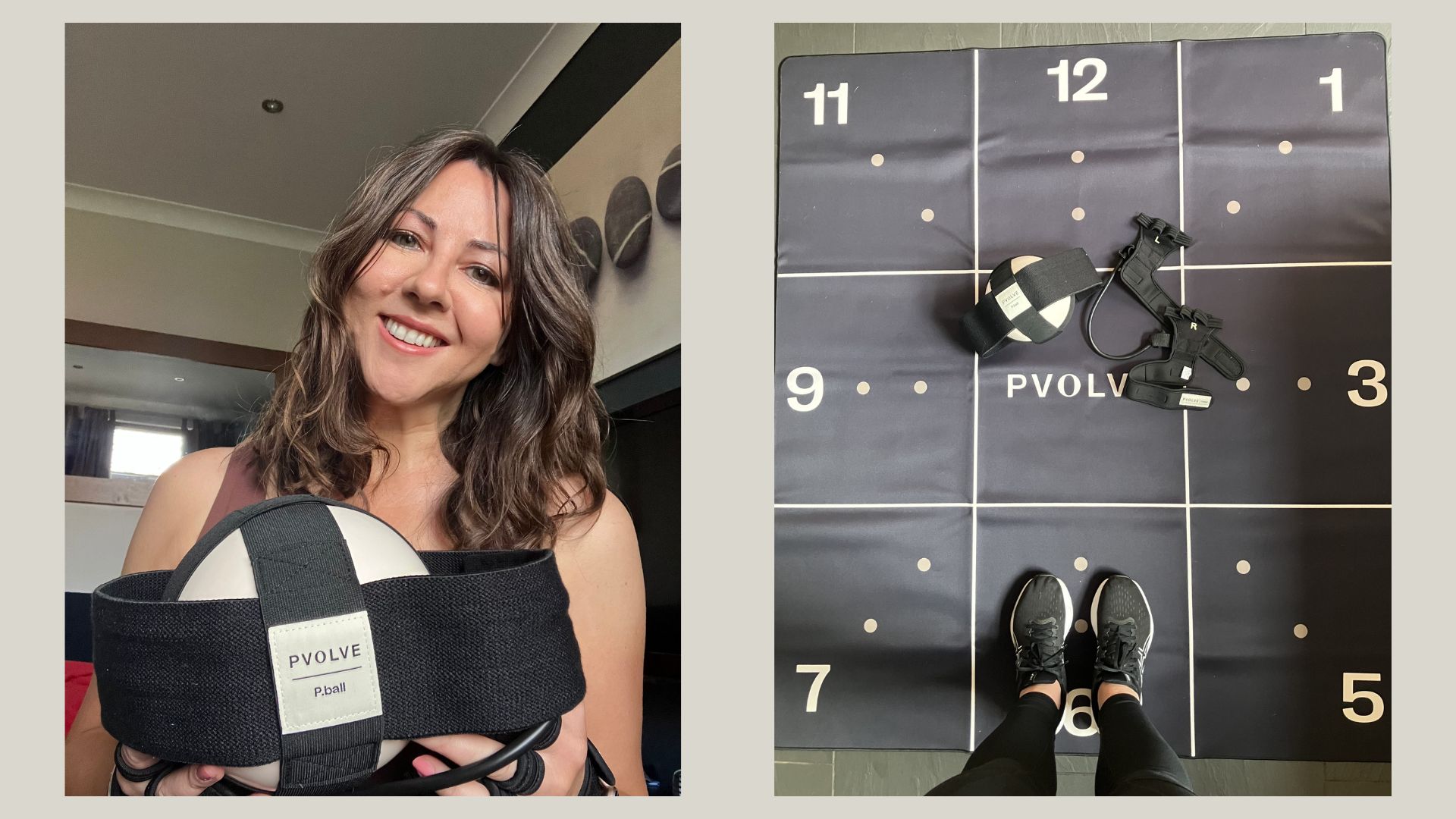
You'll need to invest in the Pvolve Signature Set to get started - but some workouts are available with no equipment.
Patience is a virtue - a lesson I quickly learnt with Pvolve - because these micromovements are hard work, especially when using resistance equipment. My advice is to be patient and build up gradually. Never underestimate the workouts just because you are not jumping about, and be realistic about results in a short space of time.
Vicaro also notes that any fitness routine - whether it's the Jennifer Aniston workout or not - needs to be paired with a healthy diet to see results. "Fitness is a lifestyle, and we should try to incorporate movement into every day. Whether a long walk, some sport you love, or selecting one of our short workouts on busy days, you should try incorporating movement into your day to get your blood flowing and release all those feel-good endorphins that exercise stimulates."
Can Pvolve help with menopause?
Yes, it certainly seems so! "The sequences work a range of movements, challenging our flexibility, mobility, strength, agility and balance. They are also largely low-impact, which can be supportive over a long period and reduce the risk of injury or overtraining," says Eloise Skinner, a fitness instructor and psychotherapist who is not associated with the fitness platform.
Chloe Thomas, a certified personal trainer and women's health coach, agrees. "Low-impact is also good for joint issues or injuries. It can be done at home, you get a full body workout and it's adaptable for all abilities and ages. You can also do it in short bursts of time, which is a definite pro too," she says.
The Pvolve study
New research, led by the University of Exeter (and funded by Pvolve) also suggests the program could be one of the alternatives to HRT for warding off some symptoms and could be a better approach to exercise than the government's current advice on movement during menopause.
The study looked at whether the low-impact workout could improve balance, strength, and body composition, compared with 150 minutes of moderate exercise each week, as recommended by the government.
The results showed that Pvolve improved lower body strength by 20% and lower body flexibility by 21%, more so than a standard weekly exercise routine. Interestingly, women who were in pre-, peri-, and post-menopausal also saw an increase in balance and stability - as much as 10%, along with an almost 20% improvement in hip function and an increase in muscle. There were also benefits for shoulder strength.
This looks promising! However, this isn't the first time low-impact exercise has shown to be helpful in menopause. A 2023 study published in the Journal of Clinical Medicine found that strength training for women can be beneficial for improving strength, physical activity, bone density and hormonal and metabolic levels, and a study in the Menopause Journal last year found that mind-body exercise (like tai chi, Pilates, and yoga) has a positive effect on bone density, sleep quality, anxiety, depression, and fatigue among women in both perimenopause and postmenopause.
So, while Pvolve can be a hugely beneficial exercise during menopause, it's not the only one shown to make a difference - even something as short as a 15-minute Pilates workout a few times a week can work wonders.
Are there any downsides?
There's not much cardio involved [in Pvolve], says PT Chloe Thomas. While low-impact workouts certainly have their benefits, as the experts explain, cardio exercise is important for building aerobic fitness - which research shows is a key indicator of long-term health and useful for boosting cardiovascular health, lung capacity, agility, and balance.
Including some cardio in your exercise routine is important for balance - this includes activities like walking, hiking, cycling, swimming, running, and dynamic yoga mat workouts.
"Some people may also want to lift heavier weights than the workout allows, so there's little room for progressive overload. It may not get the results people want or would expect as it's mainly for sculpting and toning, which won’t work as effectively without the right diet in tandem," she adds.
Shop Jennifer Aniston's fitness essentials
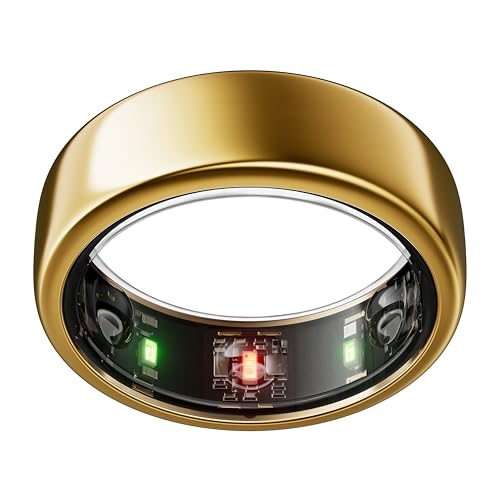
Jennifer has been spotted with her Oura Ring many times over the last few years. We awarded four stars to this pick of the best fitness trackers in our Oura Ring review. It's suited to measuring important metrics like activity, sleep, recovery, and readiness to exercise, which may help you make the most of your routine.
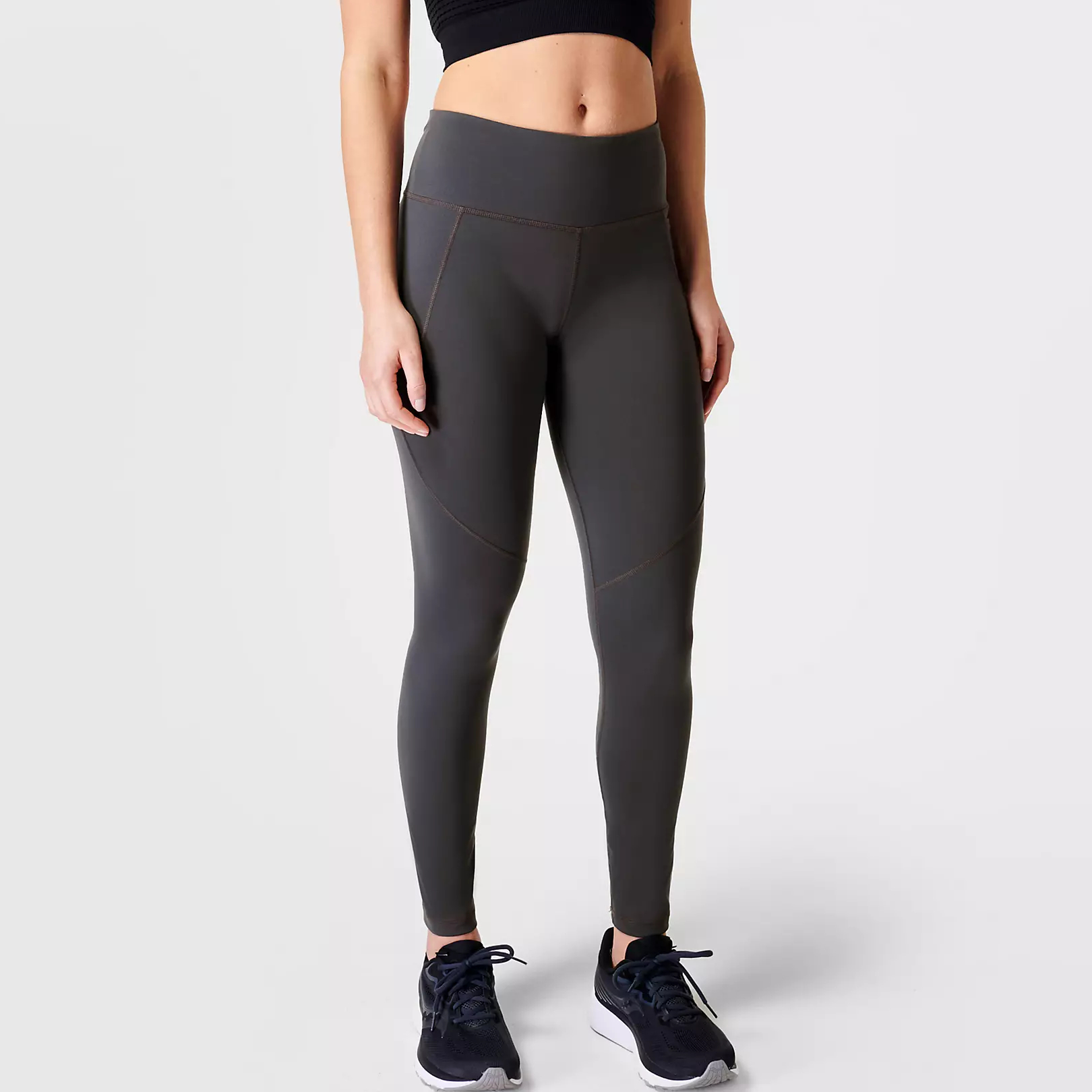
We loved Jennifer's charcoal grey workout leggings, and this pair is in my top 3 health editor-recommended workout leggings. They have a secure high waistband with a drawstring for extra security and handy pockets and are 100% squat-proof.
How often should you do Pvolve?
Antonietta Vicario, the chief training officer at Pvolve, suggests doing the workout three times to start with. However, with exercise, consistency is key. There's no point pushing yourself to do the workout three times a week if you're brand new to working out or it doesn't fit with your schedule.
“For those new to Pvolve, my biggest tip would be to give yourself grace, as you truly are learning a new language! We say it takes a few classes for our Method to click, as we take the body through unique movements that will feel foreign," she says.
"With consistency, you get deeper into our exercises and become more familiar with the Method and our equipment, which will actually lead to a more effective workout,” says Vicario, who recommends beginning with the 'Get Started' classes or series.
“We also have goal-based calendars such as our Weight Loss, Healthy Ageing and Brand-New Beginner calendars specific to a goal you may be looking to achieve. I also recommend switching between all the class types to cross-train and give your body everything it needs to look and feel strong, inside and out!" she says.
A journalist with two decades of experience, Susan interviewed A-list names in film and TV before going freelance and focusing on health, wellbeing, and lifestyle features. She has since spoken to world-renowned experts on the most innovative and effective ways to look after your mind and body; her work appearing in publications such as Daily Express, Daily Mirror, Metro, Fabulous and The Telegraph. When Susan isn’t working on her laptop, she is most content hiking in the Peak District or finding quiet camping spots to while away a weekend and knows first-hand the restorative benefits of being outdoors.
- Grace WalshHealth Channel Editor
